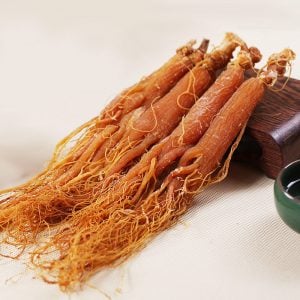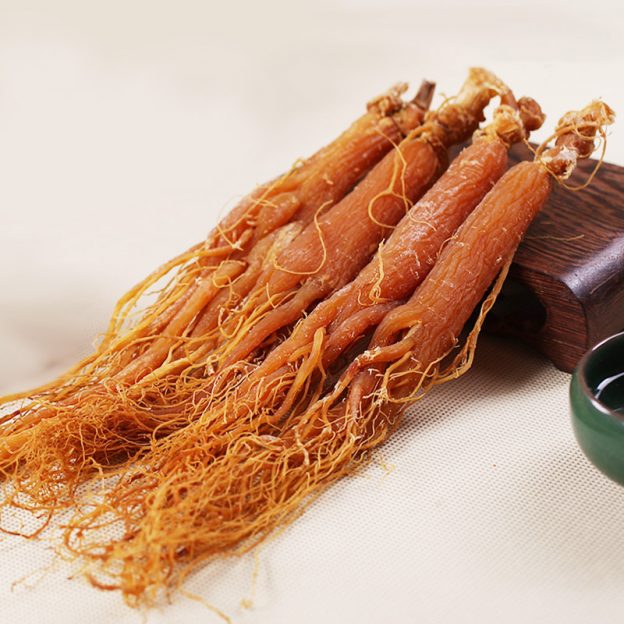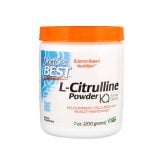New research coming out of Korea has the bodybuilding world very excited, and these researchers believe that a specific type of ginseng – red ginseng, in fact – may have steroid like performance enhancing effects when it comes to building lean muscle mass, increasing strength, and boosting your overall athletic abilities.

This new study was published in the spring of 2020 and represents a research project that’s been going on for quite a while now.
The researchers are based out of the Food Research Institute of South Korea, with the paper published in Molecules – a scientific journal shared all over the world.
To kick things off, researchers were trying to figure out if some of the biochemicals inside of red ginseng were actually able to trigger anabolic steroid like performances in humans the way that supplements with red ginseng ingredients promises was possible.
There has been a lot of skepticism in the supplement world about what red ginseng does from a muscle growth standpoint for quite a while now, even though we are far beyond the scientific community and the athletic community agreeing that ginseng in general is a game changer when it comes to increasing your energy levels and your athletic performance.
Korean researchers were specifically looking at whether or not red ginseng contains enough RG 1 and RG 3 substances (as well as a number of other biochemicals) to kickoff the kind of anabolic activity necessary to build lean muscle mass, to boost strength, and to further improve athletic performance.
These researchers began by experimenting with individual muscle cells in a laboratory environment (C2C12 cells, to be specific) before they began testing experiments with laboratory mice.
Initial results from the exposure of those young muscle cells to the red ginseng were very positive which is why things moved so rapidly to clinical animal trials. The mice that were given red ginseng received 800 mg of red ginseng every single day for a stretch of four weeks – directly correlating to the average recommended dosage of red ginseng that bodybuilding and health supplements have printed directly on their labeling.
Researchers then compared the laboratory mice that received that four-week supplement of red ginseng against laboratory mice that did not, having the mice run until they (quite literally) could no longer physically.
Not only did researchers track how long each individual group of mice were able to run to determine whether or not one group outlasted the other, but they also tracked important data points like high end speed, average distance traveled, muscle recovery, and a handful of other core data points, too.
At the end of the day, the researchers found that the laboratory mice that were given red ginseng supplementation or four weeks performed significantly better than mice that did not receive the supplementation at all.
Upon further study, this Korean research group discovered that red ginseng has a lot of potential to increase overall molecular energy in the body, activating something called a signal molecule (PGC-1-alpha). This signal molecule triggers an automatic response throughout the body to produce significantly more mitochondria, and the researchers know that this is happening because of the red ginseng trigger because of the amount of extra mitochondrial DNA that is found inside of the new muscular cells that are created.
Interestingly enough, researchers also found that the red ginseng applied to the young muscle tissue cells that started this entire research project were further stimulated by red ginseng for little while even after ginseng exposure ceased.
This is something that the researchers will have to continue to investigate further, but it may indicate “carryover” to show that your body will continue to reap the benefits of red ginseng supplementation even after you cease taking it for a little while.
Source: https://www.mdpi.com/1420-3049/25/4/865







